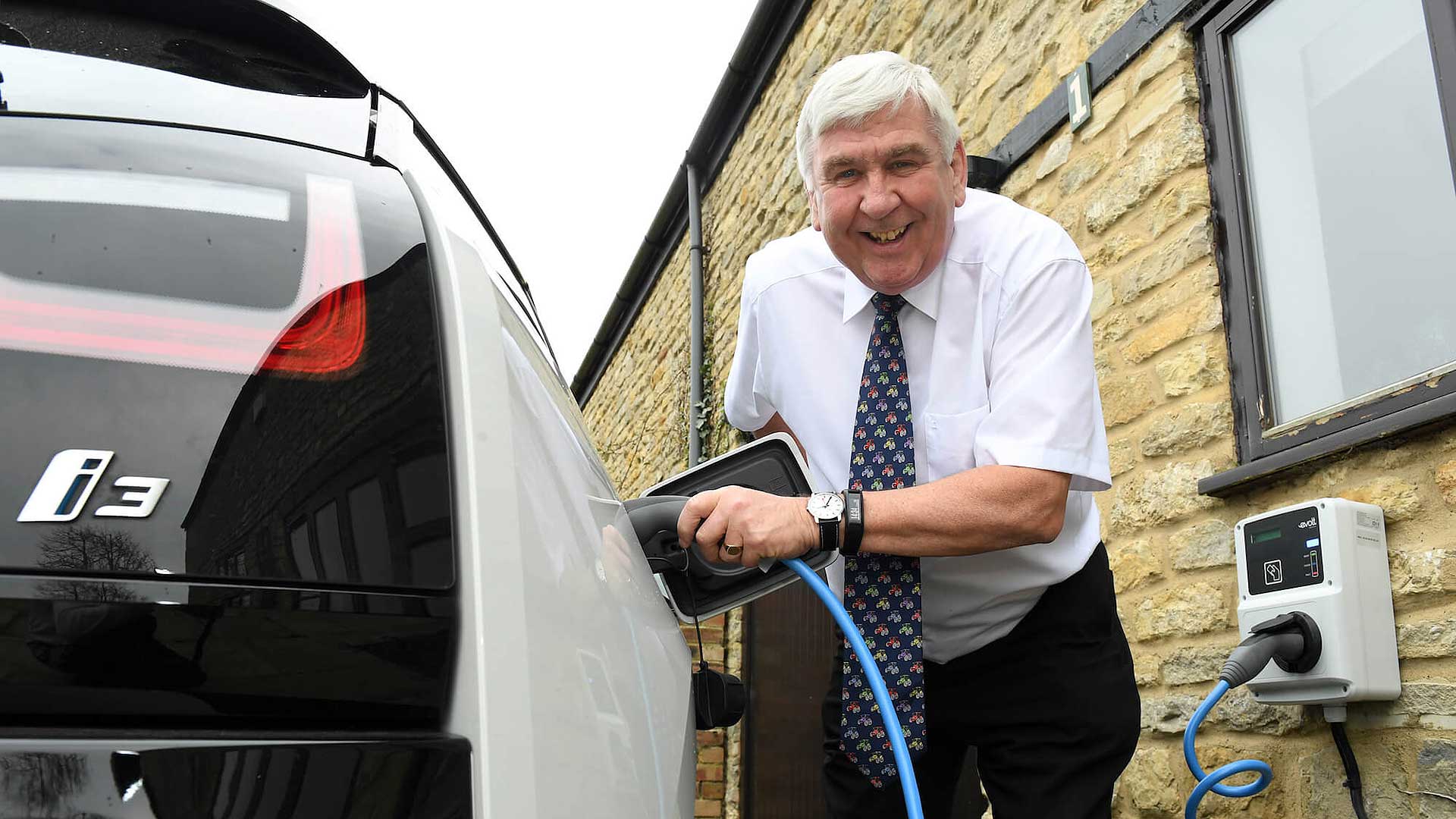 Company car drivers choosing an emissions-free electric fleet car will pay ZERO benefit-in-kind (BIK) company car tax for a full year from April 2020, the government has announced.
Company car drivers choosing an emissions-free electric fleet car will pay ZERO benefit-in-kind (BIK) company car tax for a full year from April 2020, the government has announced.
What’s more, the BIK tax will increase to just one percent the following year, and two percent from April 2022.
The surprise announcement is intended to significantly bolster uptake of fully electric vehicles among fleets; companies still buy more new cars annually than private individuals.

Drivers of cars emitting zero CO2 were already set to enjoy a beneficial two percent BIK tax rate from next year.
The unexpected exemption from paying company car tax for a year makes electric cars even more appealing to fleet drivers.
Tax-free plug-in hybrids, too
Plug-in hybrid cars are also included in the zero BIK company car tax rate.
Models that emit between 1-50 g/km CO2, and can travel for at least 130 miles as a pure electric vehicle, benefit from zero BIK tax from April 6 2020, rising to one percent and two percent in subsequent years.
However, there are currently no models that can travel so far without the engine starting up.
Ultra-low CO2 hybrids with lesser ranges still get tax breaks, but they aren’t as generous: a model that can travel less than 30 miles as a pure EV will be subject to 12 percent BIK tax from April 2020, for example.

Matthew Walters from company car provider LeasePlan UK said the zero electric company car tax announcement was a milestone moment for the industry, as it is the first time company cars will pay no tax at all”.
It is a move that “demonstrates ministers’ commitment to lower taxes for low emission vehicles”.
Comparing 2020-21 electric company car tax rates to a commomplace diesel fleet car, the new BMW 318d SE (which emits 113g/km CO2 and will be subject to 31 percent benefit-in-kind tax from April 2020), puts the scale of the government’s move into context.
A 20 percent taxpayer will fork out £2,000 – nearly £170 a month – in BIK tax to use the BMW. If they’re a 40 percent taxpayer, it rockets to £4,000 a year, or over £330 a month.
Given such exceptional savings, interest in using a company EV is certain to increase enormously.
The government adds that it will review company car BIK tax rates again for 2023-24 onwards, meaning the beneficial market-boosting electric company car advantages will not remain indefinitely.
But as a way of boosting the new electric car market – and subsequently putting more EVs into the hands of used car buyers after three years – the move is being applauded by the fleet car industry.